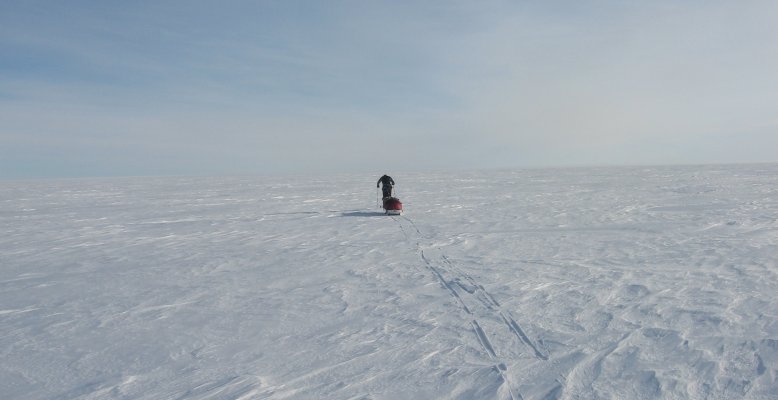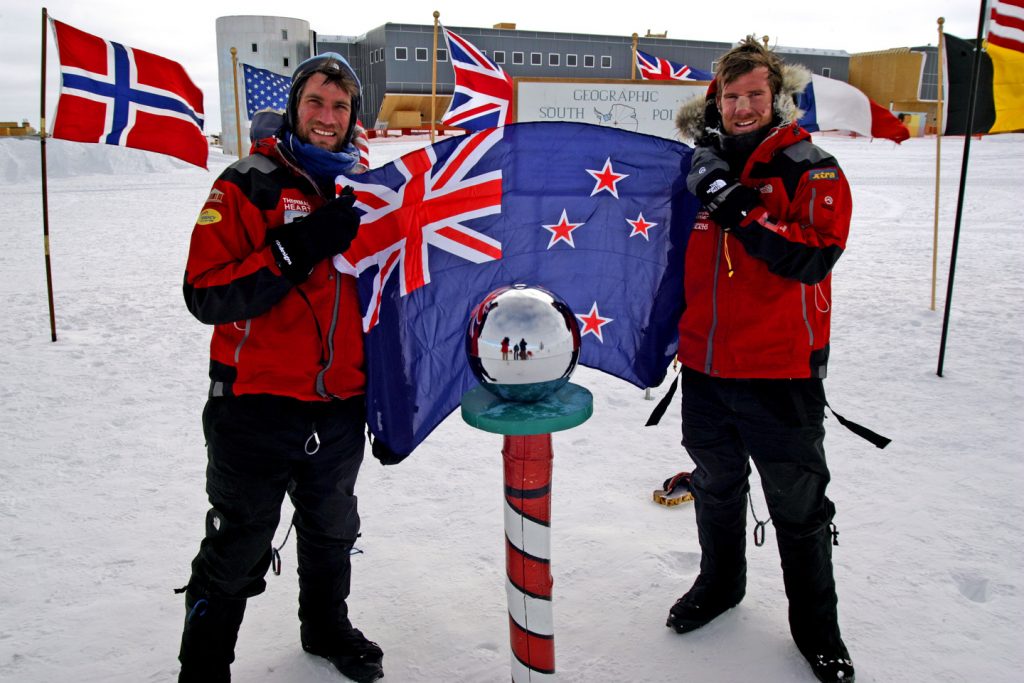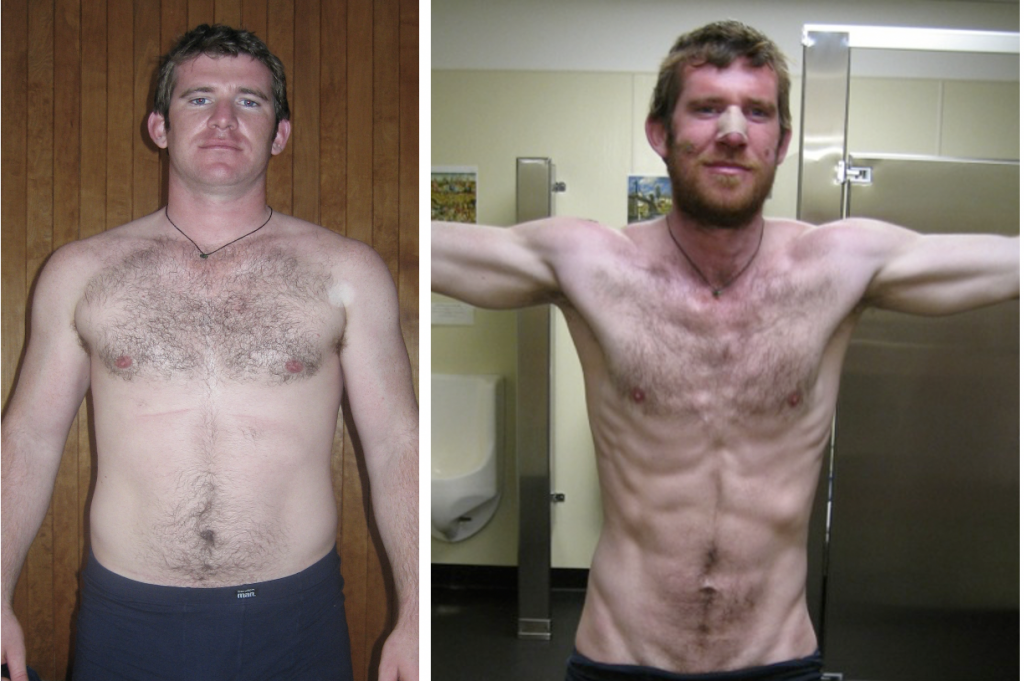For 900km I’d been dragging a sled that started out at 160kg. By now it should feel lighter and easier, but it didn’t. Kevin and I had been leaning into our harnesses for twelve hours every day, I’d lost 25 kilos of body weight, and the finish line was nowhere in sight…
Here’s a story from my Antarctic expedition relevant to preparing for Level 3 and perhaps reframing your definition of success and how you will create the future. Four lessons throughout, plus a reminder about the funded COVID-19 support we’re providing.
OK, let’s go…

Antarctica is the coldest, driest, windiest and iciest continent on Earth, and the last to be explored.
Poets use words like ‘inspiring’ and ‘unforgiving’. Travel companies use ‘experience’ and ‘adventure’. Photographers say a picture is worth a thousand words so with their thousands of photos they can say a lot. For my adventure mate Kevin and I, Antarctica mostly looked like our own feet, skis and dripping sweat, because for most of the time we were looking down, working like farm dogs, gasping for breath and dragging bathtubs behind us.
But we chose to be there. All my stories have some sort of connection to creating your own future and this was just that. I’d quit my job at a bank and signed up for an adventure I knew nothing about.
And it was a conversation and cuppa with the late Sir Edmund Hillary that set our course.
Lesson 1:
When setting your goals, talk to someone you never want to disappoint. You’re more likely to follow through.
In his Auckland home, Kevin and I nervously nibbled on a biscuit while hearing him talk about his own journey to the Pole in tractors back in 1956-58. “The fuel lines would often freeze so we had to hold a flame under them. I stood well back”
Then he asked “So what’s your plan down there?”
We launched into our ‘We have a dream’ speech explaining that to celebrate his tractor journey we planned to become the first Kiwis to walk from Antarctica’s coast to the South Pole on foot – unsupported and un-resupplied. “Yep, that’ll grab his attention” I thought. Then came his response.
Looking at us square in the eyes, “Is that all?”. Fumbling for words and spilling some tea on my trousers I gingerly asked what he meant. He replied, “Whatever you do, make it the most demanding but rewarding thing you can imagine”.
Lesson 2:
You’ll never be the best you can be without knowing your greatest imaginable challenge.
With his feedback we redefined our measure of success. We’d become the first people ever to walk from the coast to the Pole and back, unsupported on foot. No dogs. No horses. No tractors. Over 2200kms on our own in a place that can feel like it’s trying to kill you. It turns out there’s a reason no one had ever done it before.
Fast forward 18 months, endless training, transforming the business model for traditional fundraising (more on that in another post) and convincing our mothers we’d come back alive.

Forty days (about 900km) into the trip and everything hurt, but my hamstrings hurt more. Perhaps I’d fallen over the rough ice more than usual that day, or pushed too hard at 4am after packing up the tent and starting in boots that were frozen solid. Either way, the muscle fibres in my legs were tearing apart and with our limited supply of resources I had no choice but to keep going. Until I couldn’t.
Lesson 3:
Without reaching out for support, you’re simply flogging a dead horse, or yourself.
For most of us, when things turn upside down there’s a finite list of resources to draw on (cashflow, time, muscle power, etc). Despite your work ethic, your initial objectives might simply be no longer viable.
For us on the ice our bodies were breaking down, but time was working against us too. For modern-day explorers, you pay commercial operators and chartered aircraft to get to the ‘start line’. Unintentionally at the start of our trip we were thrown out of the plane further from the Pole than agreed. But if we arrived home late it could cost us an arm and leg.
We looked in the (metaphorical) mirror, accepted that crying wouldn’t help (tried that), and chose instead to deliberately changed the goalpost to remain relevant and focused for what was in front of us. Rather than the return trip, we’d commit to our initial goal of being the first Kiwis to reach the Pole unsupported on foot.
WARNING: DISTURBING PHOTO APPROACHING!
So, after 52 days of man-hauling sleds we touched the silver ball at the bottom of the planet. I’d lost over 30kg. We phoned our family, a few sponsors, and Sir Ed. “Well done” he said, “You should be proud of yourselves”. We were.
Lesson 4:
Sir Edmund Hillary
“It’s not the mountains we conquer but ourselves”


Final thoughts
More than people probably like to admit, the challenges we find ourselves in (or at least the ‘depth of the crevasse’) is the result of the choices we make over time.
And then there are times when it’s a real kick in the guts. That is, you’ve done everything the playbook told you to: had a goal, did the training and worked as a team – and yet it still feels like a train smash.
People, businesses and nations are facing unprecedented challenges with COVID-19, and no one deserves the effects that it’s handing out. But we do have a choice to make.
Rather than defaulting to believe future generations will pay for our economic recovery, let’s re-imagine what the future could look like and build-back-better. Now that would be something to be proud of.
Let’s not waste the chance.

Inspiring Performance helps aspirational organisations gain greater clarity and alignment of their business strategy, operating model and top challenges. Let’s discuss how we can help you create your post-COVID-19 new normal. Contact Jamie Fitzgerald or Dr. Mike Prattfor more information.
See all posts